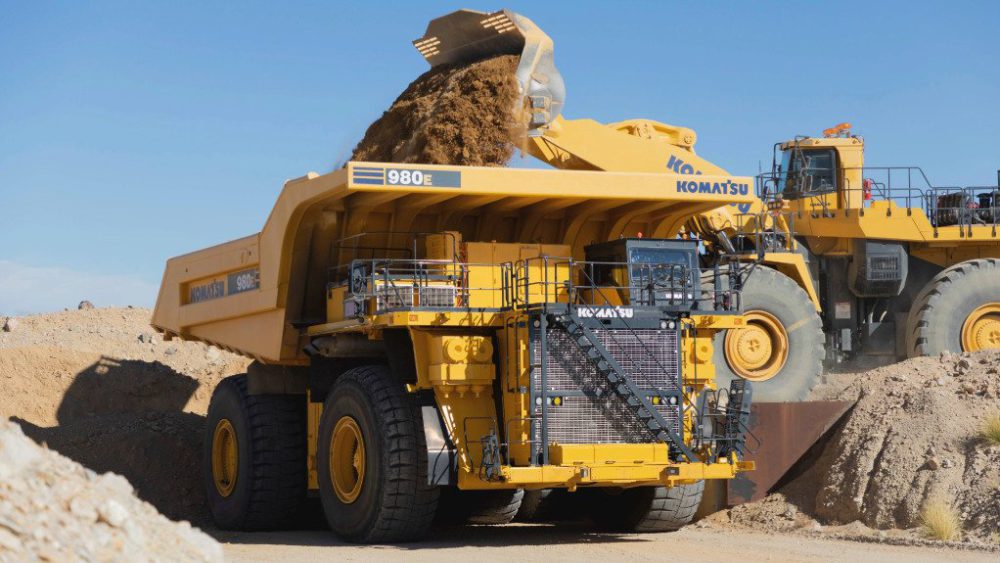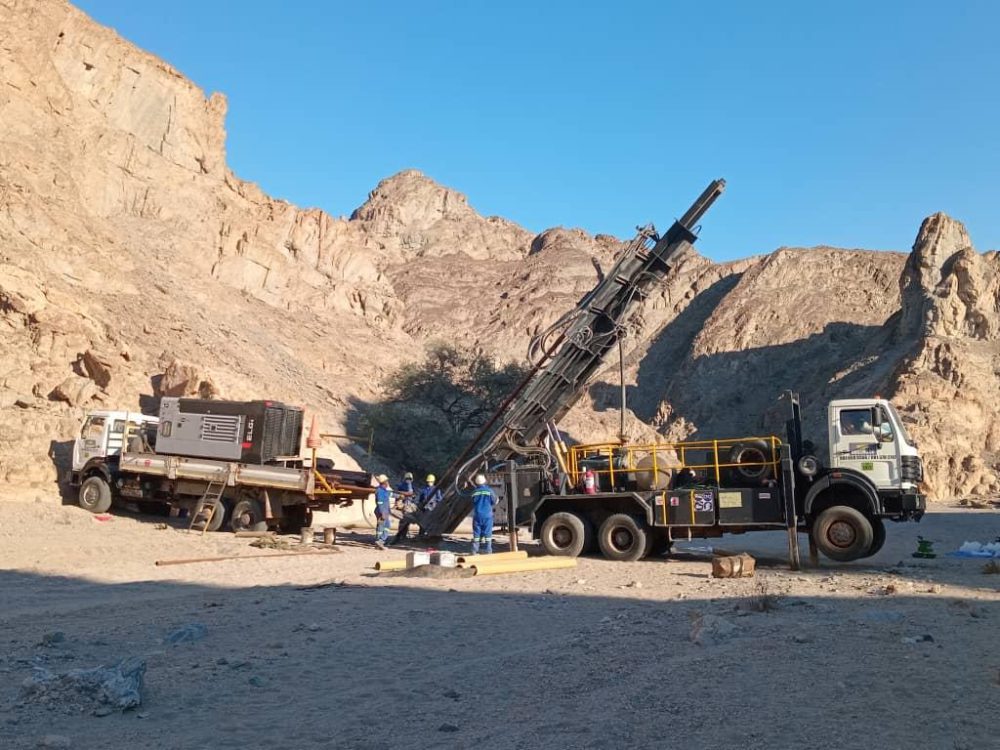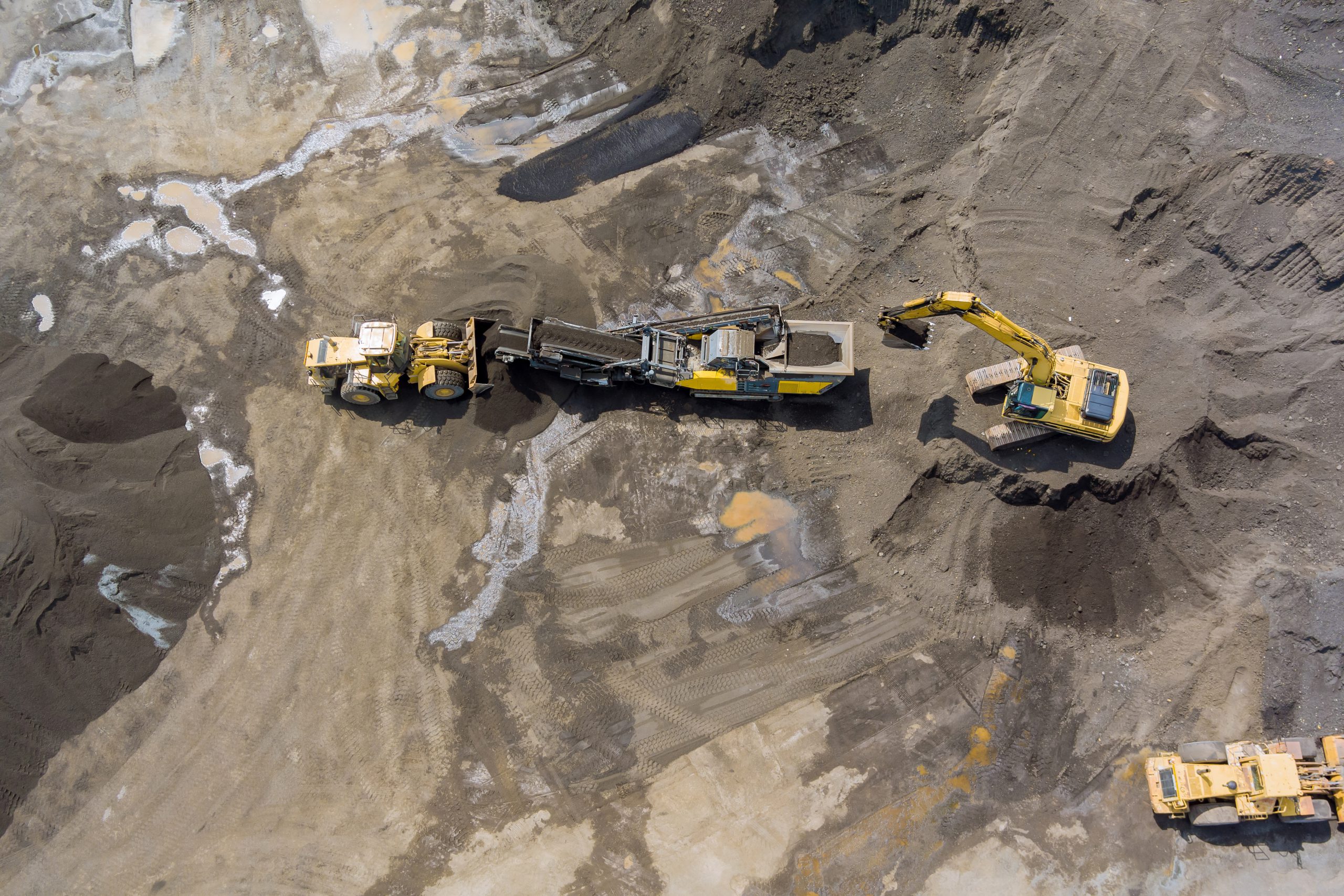Mining company smelling like vanilla bean
A small Port Perry, Ont., investment company is having a big impact in East Africa. Besides providing direct mining employment and tax revenues, the company has been able to improve the local agriculture.
A 1999 reorganization prompted the new management of IBI Corp. to put its energy into developing a vermiculite deposit in southeast Uganda. Vermiculite is used in growing media for plants; this deposit is especially valuable, with large flakes and high magnesium content.
IBI’s choice of host country was interesting. Uganda had not yet recovered from the economic and civil ruin brought on by dictator Idi Amin from 1971 to1979, who was replaced by a semi-democratic government. The country still has a massive trade imbalance, and badly needs help to develop commerce, which is where IBI comes in.
“We checked out the situation extensively,” says Gary Fitchett, president and CEO of the company, before they decided to develop the 5-million-tonne, high-quality Namekara vermiculite reserve. “We’re comfortable with the country and the people. We were in on the ground floor, and have decided to make Uganda our niche.”
“Passionate” would be a more apt word than “comfortable”. It appears that innovative sustainability solutions are at least as important as mining, to Fitchett’s company.
The development of Namekara began in 2000 and was completed by the beginning of 2003 for a capitalized cost of $1.8 million. This is a very basic open pit operation, with the soft ore loaded into trucks and taken to a nearby plant for cleaning, drying and packaging. The production capacity is 40,000 tonnes per year, with enough established reserves for a century.
The mine employs 200 people, injecting cash into what has until now been a cashless society. This has allowed small businesses to be established, helping to form a local economy.
Recent tests have determined that even the overburden has agricultural value due to its phosphate content. The overburden is used as a 1-2-m-thick ground cover to reclaim mined land. The company is experimenting with growing cash crops such as vanilla, banana, cotton and ground nuts (peanuts) on using 10 hectares of reclaimed land.
Understanding the local situation is the first, most important step, and that takes effort. Strong involvement of senior local people helps a lot. Using local people to deal with documentation officials avoids any hint of corruption. The local community will be on-side if they are encouraged to think of the mine as “their mine”.
Congratulations to IBI on showing leadership in this important area.





Comments